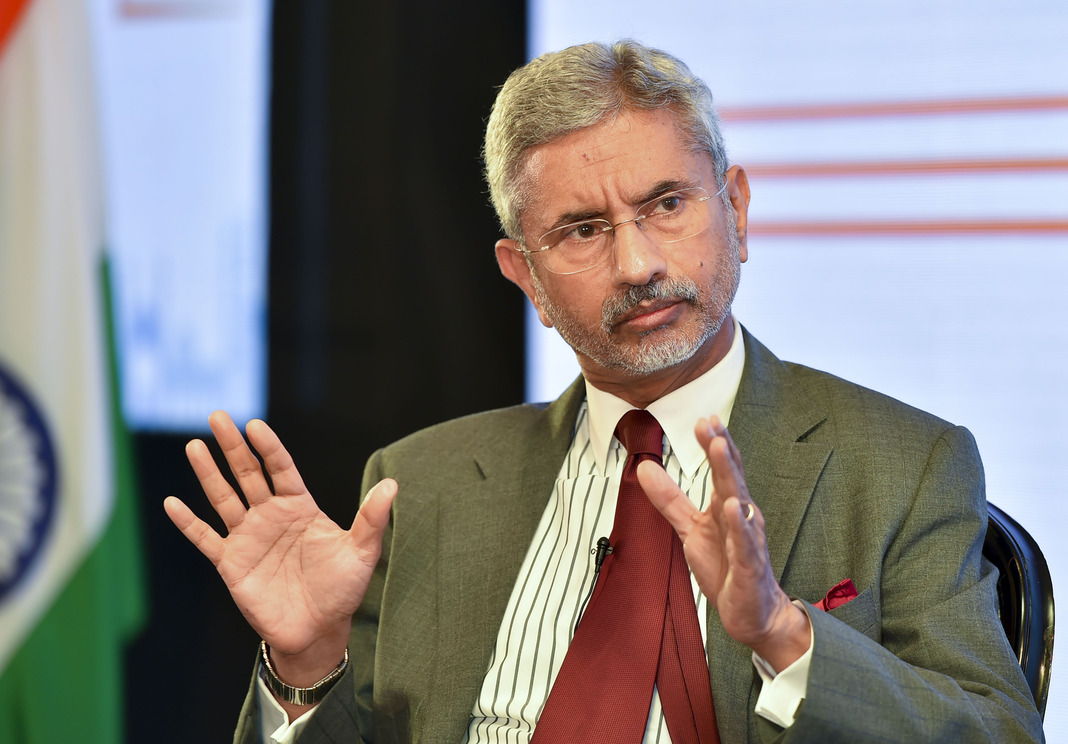Dipak Kurmi
The quest for academic excellence is inextricably linked to access to quality resource materials. For students and research scholars, particularly those in remote corners of India, this access is often fraught with challenges. Despite the unprecedented expansion of digital technologies and resources, the promise of equitable access to knowledge remains unfulfilled for vast swathes of the population. In a country as diverse and geographically expansive as India, the central role of libraries—both physical and digital—cannot be overstated.
Libraries have long served as the bedrock of intellectual pursuit, offering spaces for study, collaboration, and the exchange of ideas. However, these bastions of learning are increasingly under siege. Shrinking budgets, dwindling patronage, and the growing perception of libraries as antiquated in the digital era have contributed to their decline. This erosion of library culture is particularly pronounced in public institutions, where many libraries face systemic neglect. Staff shortages, outdated infrastructure, and a lack of enthusiasm among library personnel often create unwelcoming environments, alienating even the most earnest readers.
Meanwhile, the digital transformation of academia, though promising in theory, has been uneven in its implementation. Leading academic agencies in India have adopted digital resource systems, but these remain restricted to specific institutions. For instance, the UGC’s INFLIBNET is limited to select universities and colleges, while CSIR and DST institutions access the National Knowledge Resource Consortium (NKRC). Similarly, ICAR institutions benefit from CeRA. While these digital repositories represent significant investments of public funds, their usage is confined to host institutions, perpetuating inequality in access to resources.
In this fragmented landscape, the ambitious “One Nation One Subscription” (ONOS) initiative emerges as a potential game-changer. By envisaging a centralized framework for providing high-quality academic resources to all institutions and individuals, ONOS promises to bridge the chasm between elite and underserved institutions. However, the transformative potential of this initiative lies not just in its conceptual brilliance but in its effective implementation and synergy with other measures aimed at rejuvenating the library ecosystem.
The ONOS initiative seeks to democratize access to knowledge by negotiating bulk subscriptions to leading international and national journals, databases, and e-books. The principle is simple yet profound: to ensure that the resources available to a student at a premier national institute are equally accessible to a student at a remote university. This vision, if realized, could level the playing field, enabling scholars from all corners of the country to engage with cutting-edge research and knowledge.
However, access alone is not sufficient. Libraries, both physical and digital, must be revitalized to serve as dynamic spaces of learning and collaboration. Physical libraries retain an irreplaceable role in academic life. They are not merely repositories of books but sanctuaries of reflection and intellectual discourse. In a digital age that often prioritizes speed over depth, libraries offer the luxury of uninterrupted study and the serendipitous discovery of ideas.
To this end, the government must prioritize the modernization of libraries. Adequate funding should be allocated to equip libraries with state-of-the-art facilities, including digital workstations, collaborative spaces, and user-friendly cataloging systems. Equally important is the recruitment of skilled, motivated librarians who can navigate the dual demands of digital and physical resource management. Librarians should be empowered to create inclusive, engaging environments that cater to the evolving needs of students and researchers.
The ONOS initiative must also address inclusivity in its execution. A critical feature should be the provision of individual login credentials to every registered student and scholar. Such credentials would enable users to access digital resources directly, bypassing institutional gatekeeping that often restricts accessibility. This decentralized access model would ensure that knowledge truly becomes a resource for all, irrespective of geographical or institutional affiliation.
While the promise of ONOS is immense, its success hinges on robust policy design, effective implementation, and the integration of complementary measures. Policymakers must guard against the pitfalls of bureaucratic inertia, which could reduce this visionary project to yet another underutilized scheme. A comprehensive strategy should include continuous monitoring, feedback mechanisms, and the flexibility to adapt to emerging challenges.
The stakes are high. Knowledge is not a privilege—it is a fundamental right and the cornerstone of progress in any society. The democratization of knowledge resources is not merely an academic imperative but a moral one, essential for bridging the socio-economic divides that plague India’s educational landscape.
The One Nation One Subscription initiative represents a bold step toward realizing this vision. By addressing the systemic inequities in access to academic resources and revitalizing the nation’s libraries, India can empower a generation of learners and scholars. The success of this endeavor will be measured not just in the volume of resources accessed but in the intellectual and social transformation it catalyzes. For a nation aspiring to global leadership in education and innovation, there can be no greater priority than ensuring that every student, regardless of location or circumstance, has the tools to dream, discover, and achieve.
(the writer can be reached at dipakkurmiglpltd@gmail.com)




